Dundee student recruitment officer Louise Irving considers herself one of the lucky ones.
There was a time the 45-year-old didn’t think she would ever work again after being diagnosed with long Covid.
Over the past four years she has been struggling with the after-effects of the virus, which she caught in March 2020.
But now she is finally starting to feel better and has made a 90 per cent recovery. That’s rare for anyone who has the condition.
“I am definitely one of the lucky ones,” she said.
“A lot of people who became ill at the start are still very seriously ill so I feel incredibly lucky to be honest with you.”
Louise is one of over 187,000 people with long Covid in Scotland.
Now she is is sharing her story and revealing what aided her recovery – in the hope of helping others who are also struggling with the condition.
When did Louise first catch Covid?
Around two weeks before the first lockdown in March 2020, Louise – who is employed at Abertay University – started feeling unwell.
“At first I thought it might be a flu bug. I was having dizzy spells and just felt absolutely exhausted.”
She then started to show the tell-tale symptoms that many of us now know so well: a cough, getting a little better, then deteriorating again.
“I got a lot worse really fast. I was having trouble breathing and had a burning pain in my chest and my back.
“The guidance was to isolate for seven days or until you feel better.
“But from that point on, I never got better.”
What were the after-effects of Covid?
Louise ended up isolating at home for nearly a month.
Her symptoms included chest pain, breathlessness, migraines and extreme fatigue.
“A lot of days I could barely walk up and down the stairs in my house.
“And if I did have a shower, sometimes that was the only thing I had the energy to do.”
Five months on, Louise was still feeling unwell so she went to the doctor.
“I told my GP I thought I had long Covid.
“But the GP said ‘Oh I think you have post-viral fatigue, just monitor it’.
“So I just kept waiting to get better.”
What helped Louise to recover?
The turning point for Louise, and her recovery, came when she discovered the charity long Covid Scotland and its Facebook group.
“If it wasn’t for that group, I would still be in the same place as I was and I wouldn’t have improved at all,” she told me.
“This is because people with long Covid were sharing what things had helped them.”
Louise learned about a singing for lung health course and taking specific anti-histamines.
“[The singing] made a massive difference.”
She said a lot of people were suggesting trying anti-histamines on the group.
“After I had Covid my allergies were unbelievable. Before Covid I had mild asthma. But then I started having chest pain, trouble breathing, sore eyes and a runny nose.
“I went to my GP and asked for the specific anti-histamine the group had talked about called fexofenadine.
“Within two weeks of taking it, I felt I had my life back. I now take it every day and found it has really helped with the fatigue.”
Hyperbaric oxygen treatment
Hyperbaric oxygen treatment also helped Louise.
“[It] gave me my life back.”
She discovered the MS Therapy Centre in Dundee offered the treatment.
Hyperbaric oxygen therapy (HBOT) chambers increase air pressure to two – three times normal air pressure, allowing the lungs to collect more oxygen.
The extra oxygen helps the body fight bacteria, infections and heal.
Louise had the hour-and-a-half treatment around three times a week over the months between November 2022 until April 2023.
“It not only helped my breathing, but it also with my fatigue and sleep.
“It also helped with my migraines; they aren’t as severe as they were now.
“The change was unbelievable and fortunately it has been permanent for me.”
Louise also thanked her work colleagues and family for their support while she was recovering.
Giving hope to others
Members of the charity Long Covid Scotland are keen to stress that while people like Louise are feeling better, the majority of people with long Covid in Scotland are not recovering.
They also point out that accessing support is a postcode lottery.
Louise echoes this view.
But she said those who also have the condition might be able to offer some respite.
“People who have lived experience of conditions like long Covid and ME have a lot of knowledge about things that might be worth trying.
“The support available now is better than it was but it really depends on where you live, your health board and whether your GP even knows about it.
“Many GPs still don’t acknowledge long Covid type issues. People are having to fight to get heard even now, four-and-a-half years later.”
What do GPs say about long Covid?
Dr Iain Morrison is chairperson of the BMA Scottish general practice committee. He is unable to comment on Louise’s case in specific, but issued the following statement in response to the issues raised in this article.
“Much of the initial work in managing the uncertain and sometimes debilitating impact of Covid is largely falling to general practice alone, placing further strain on an over-capacity system in which GPs are trying to meet crippling demand without the numbers required.
“The Scottish Government is nowhere near achieving its target of 800 more GPs by 2027.
“At the moment, there is no specific test for long Covid, which has a wide range of symptoms, and no specific treatment.”
He said long Covid patients are directed towards rehabilitation services such as physiotherapists and occupational therapists.
“But while we continue to face a mismatch between demand and capacity in primary care, challenges in supporting people with a range of conditions will remain.
“That’s why we need urgent action to address the GP workforce crisis, including direct investment into general practice to improve recruitment and retention of staff.
“It is also vital GPs are given more protected time to learn and develop skills for new conditions – as a nation, we are currently not investing enough in maintaining and developing the skills of our GPs.”
A Scottish Government spokesperson said NHS Inform – Scotland’s national health information service – has health information for people living with long Covid.
“That includes advice on management of common symptoms and when to seek further input from healthcare professionals.”
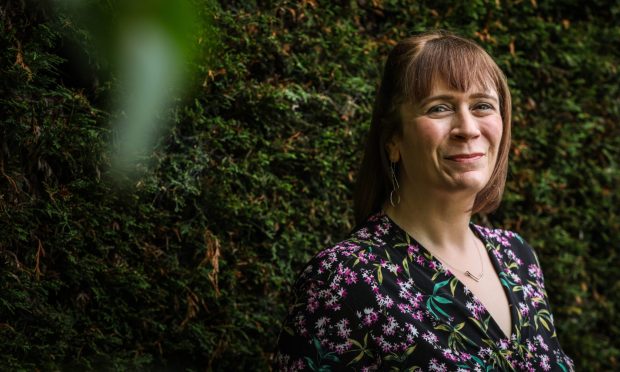
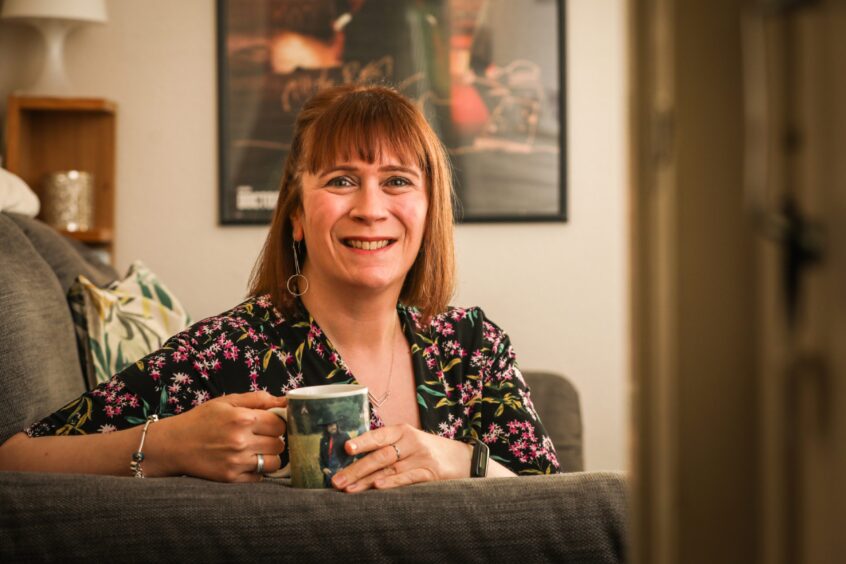
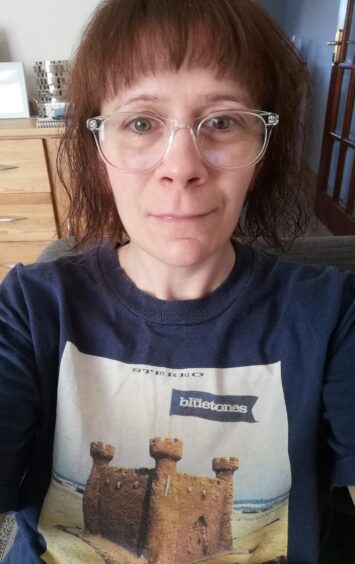
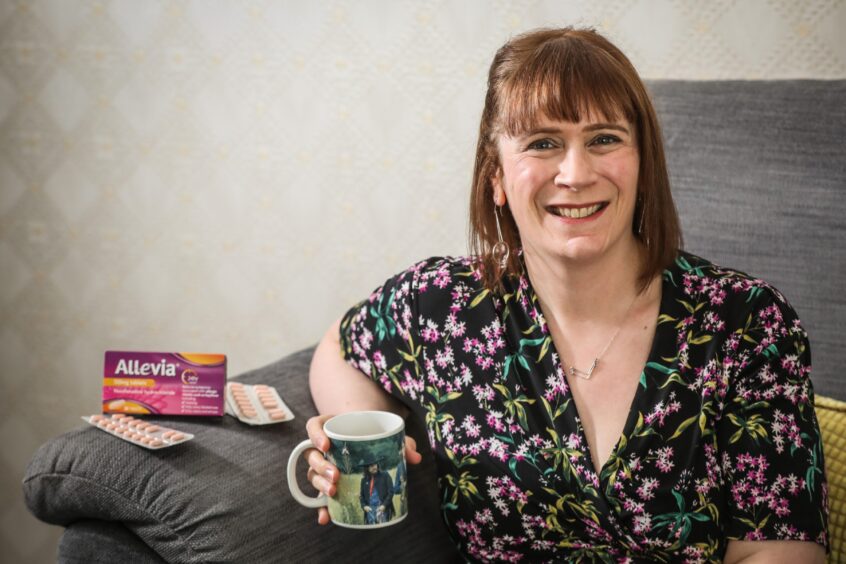
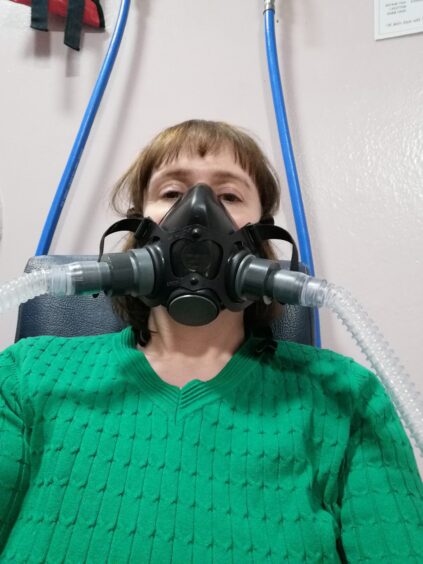
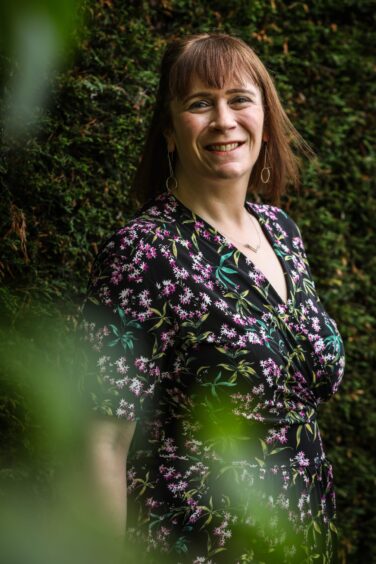


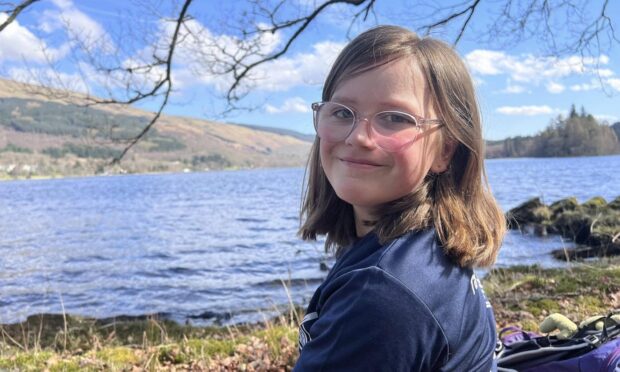
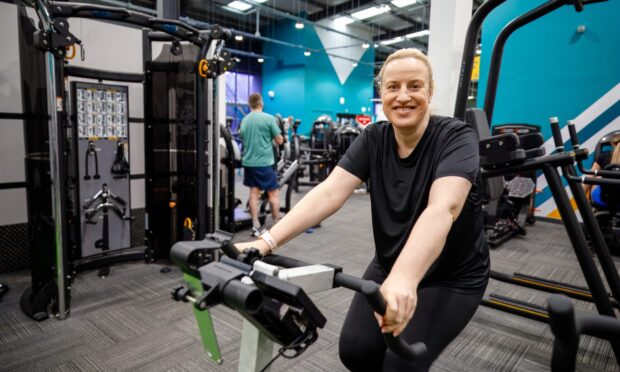

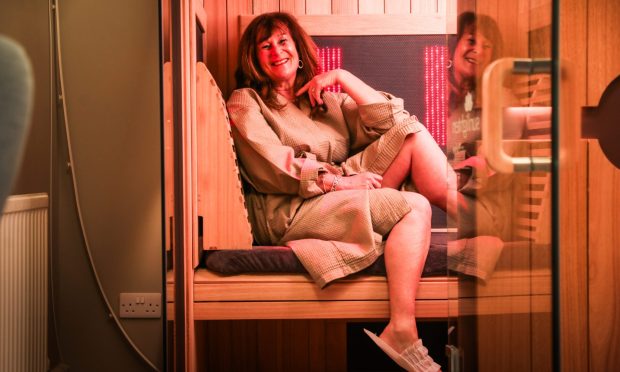




Conversation